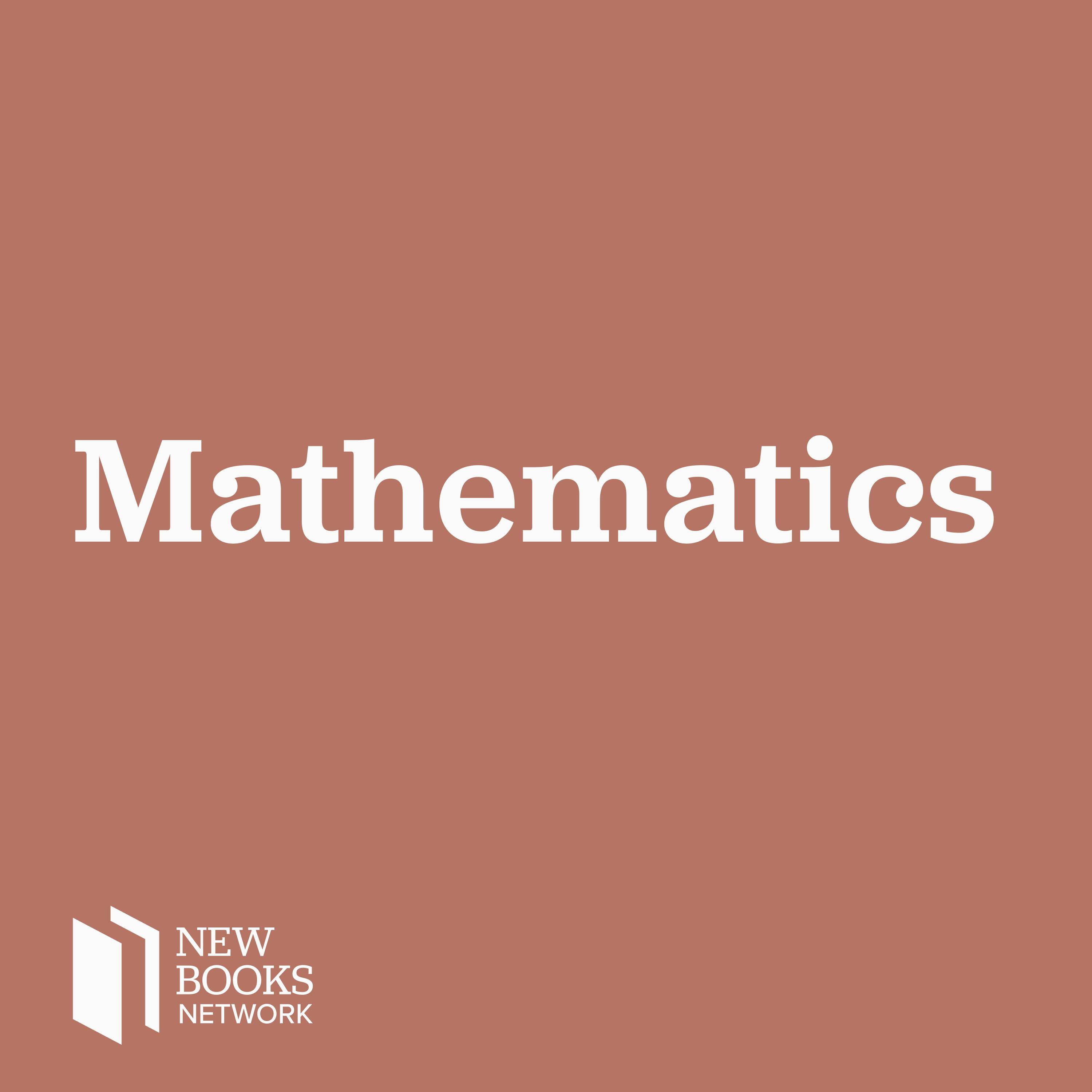Karen Hunger Parshall, "The New Era in American Mathematics, 1920–1950" (Princeton UP, 2022)
Description
In The New Era in American Mathematics, 1920-1950 (Princeton University Press, 2022) Karen Parshall explores the institutional, financial, social, and political forces that shaped and supported the American Mathematics community in the first half of the twentieth century. Drawing from extensive archival and primary-source research, Professor Parshall uncovers the key players in American mathematics who worked together to effect change. She highlights the educational, professional, philanthropic, and governmental entities that bolstered progress and uncovers the strategies implemented by American mathematicians in their quest for the advancement of knowledge. Through an examination of how the American Mathematical community asserted itself on the international state, The New Era in Mathematics, 1920-1950 shows the way one nation became the focal point for the field.
Karen Hunger Parshall is the Commonwealth Professor of History and Mathematics at the University of Virginia. She is the author of James Joseph Sylvester: Jewish Mathematician in a Victorian World and the coauthor of Taming the Unknown: A History of Algebra from Antiquity to the Early Twentieth Century.
Marc Goulet is Professor in mathematics and Associate Dean in the College of Arts and Sciences at the University of Wisconsin-Eau Claire.
Learn more about your ad choices. Visit megaphone.fm/adchoices
Support our show by becoming a premium member! https://newbooksnetwork.supportingcast.fm/mathematics
More Episodes
Published 04/15/24
The stereotype of the solitary mathematician is widespread, but practicing users and producers of mathematics know well that our work depends heavily on our historical and contemporary fellow travelers. Yet we may not appreciate how our work also extends beyond us into our physical and societal...
Published 04/15/24
What's the best way to determine what most voters want when multiple candidates are running? What's the fairest way to allocate legislative seats to different constituencies? What's the least distorted way to draw voting districts? Not the way we do things now. Democracy is mathematical to its...
Published 02/01/24


